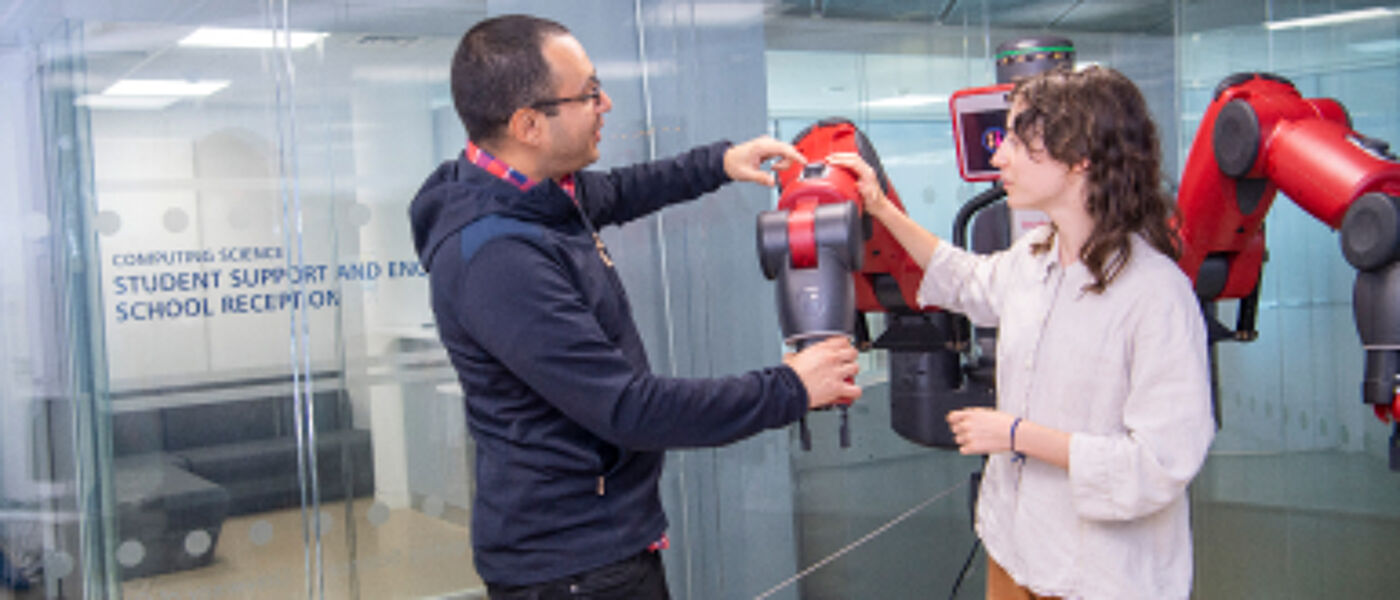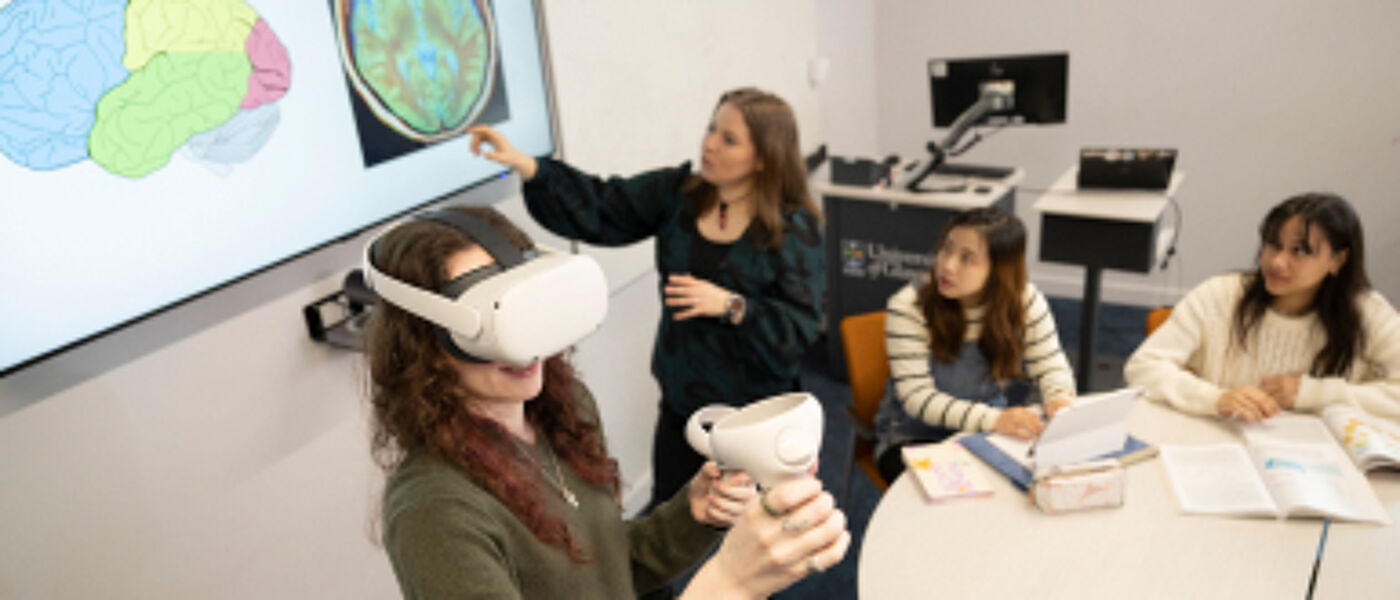Introduction to GenAI Guidance at the University
The purpose of this guidance is to help you understand the University’s policy on the use of Generative Artificial Intelligence (GenAI) tools in relation to assessment practice. It outlines three scenarios that detail how GenAI can be used in assessment. You can utilise this guidance to inform and review your assessment design, in the context of the Learning Through Assessment Framework.
The guidance in these pages is not all new, rather it builds on the previously stated position with respect to GenAI use, but has been updated and augmented in response to colleague feedback.
In the meantime, if you have any questions, please contact the Assessment & Feedback Practice and Policy workstream.

University of Glasgow’s Position Statement

Strengths and limitations of GenAI

How can I adapt assessment to deal with GenAI?

What should I tell students about GenAI?

How can I assure academic integrity?

Where can I learn more/ get help with approaching GenAI in my teaching?
I'm a student, what do I need to know?
Guidance for students on how to use and reference GenAI can be found here.


